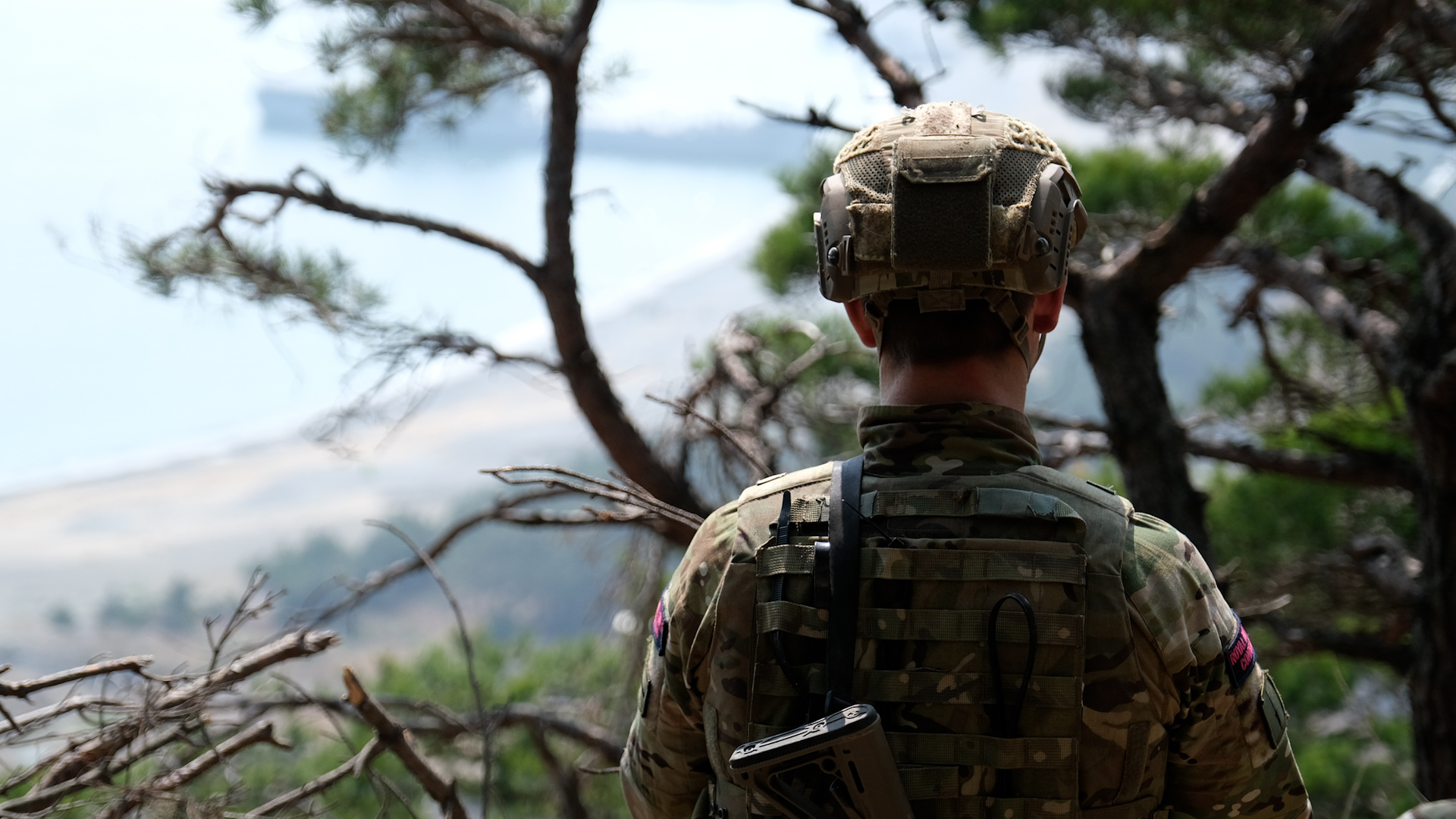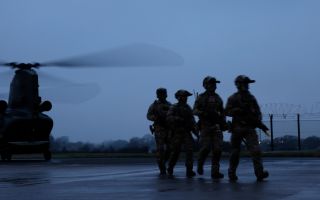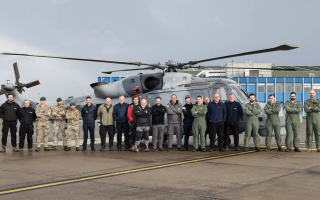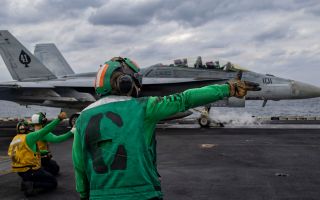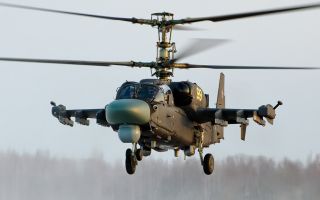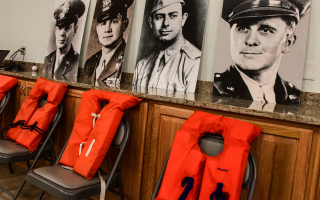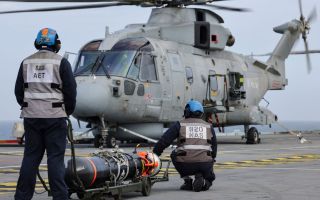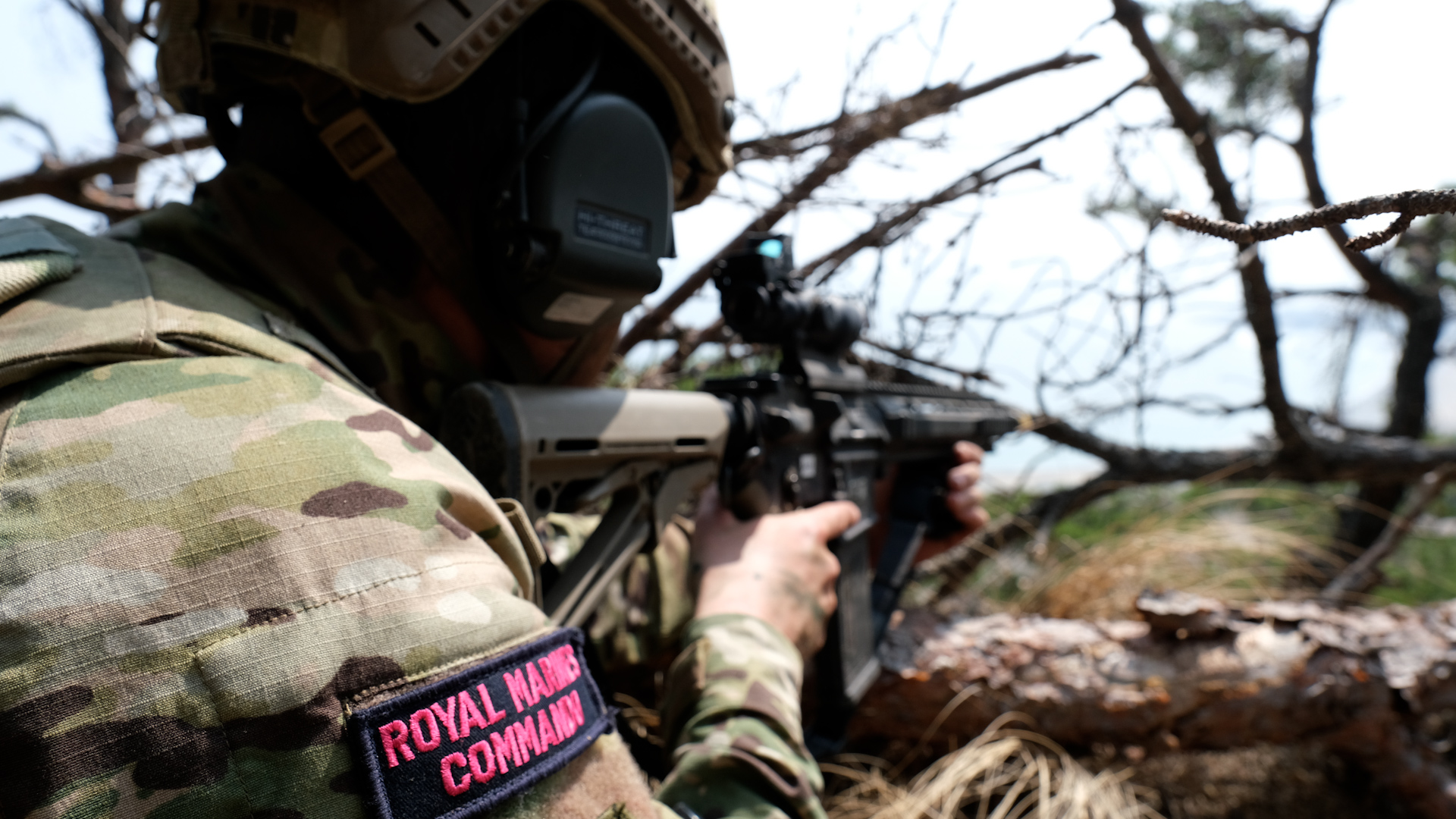
Royal Marines deploy to Korean peninsula for first time since Korean War in 1950s

The Royal Marines have deployed to the Korean peninsula for the first time since fighting stopped in the Korean War in 1953.
Nearly 6,000 miles from their Somerset home, Taunton-based Bravo Company of 40 Commando were involved in training in crisis response, disaster relief, amphibious landings and coastal defence alongside the Republic of Korea Marine Corps and the US Marine Corps.
Major Aran Sandiford, the Commander of the Royal Marines on the exercise, said: "This deployment has provided a fantastic opportunity to further the Royal Marines' partnerships with the Republic of Korea Marine Corps and US Marine Corps; two of the foremost amphibious forces in the world.
"To have elements of Bravo Company embedded within both really has been a privilege.
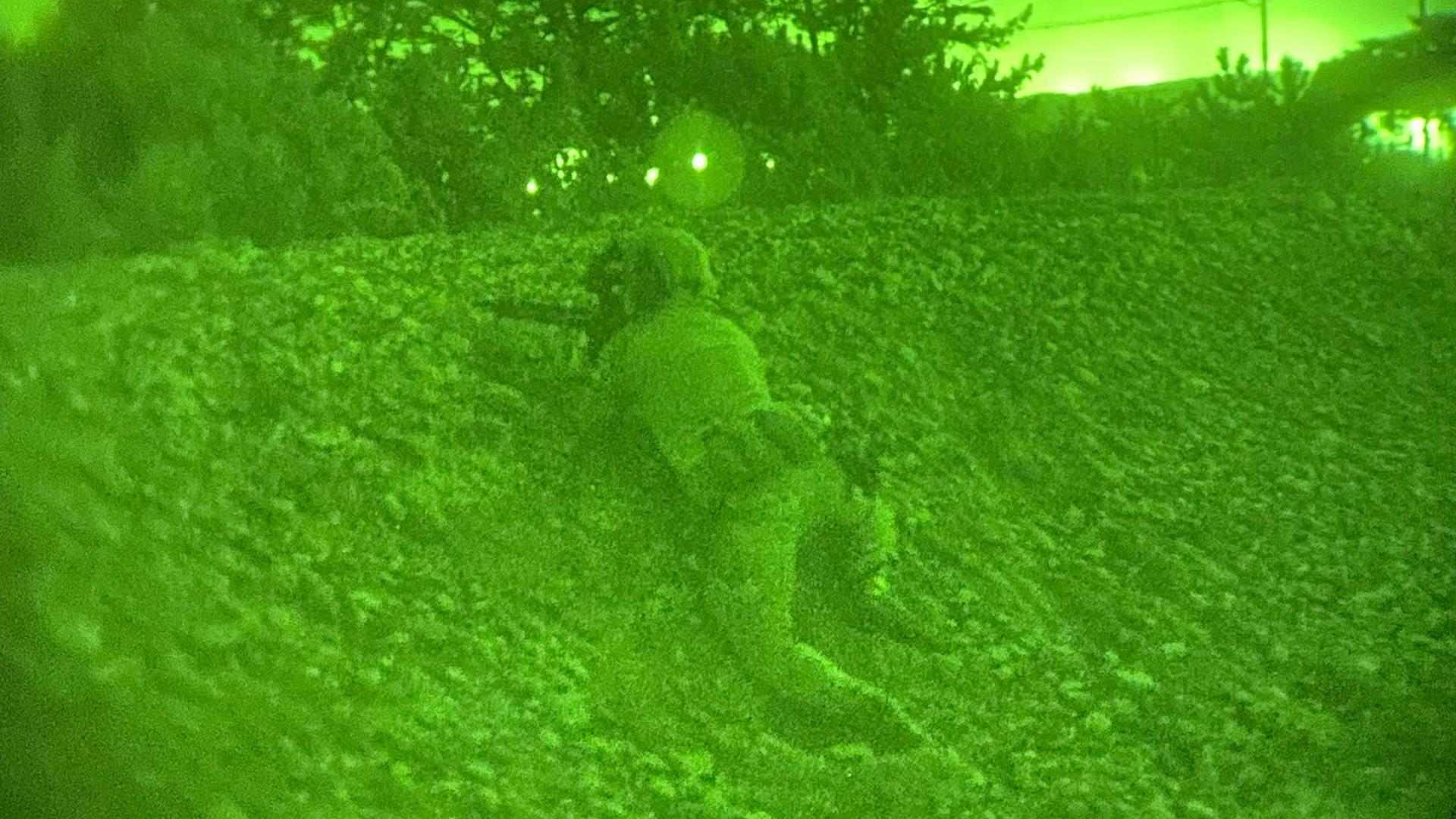
"Regional security in the Indo-Pacific matters to all of us, including the UK, and this deployment of Commando Forces has provided an opportunity to reaffirm our shared values with two key regional allies.
"I'm looking forward to working with both organisations once again, on Exercise Talisman Sabre in Australia, this summer."
The exercise comes ahead of further deployments of Royal Marines across the Indo-Pacific – including exercises in Australia this summer – as part of ongoing Royal Navy efforts in the strategically important region, where the security situation is often challenging and complex.
This is the first time the Royal Marines have been deployed to the Korean peninsula since the conflict that took place between 1950 and 1953, although technically the war has never concluded as no peace treaty was signed to bring the war to a formal end.
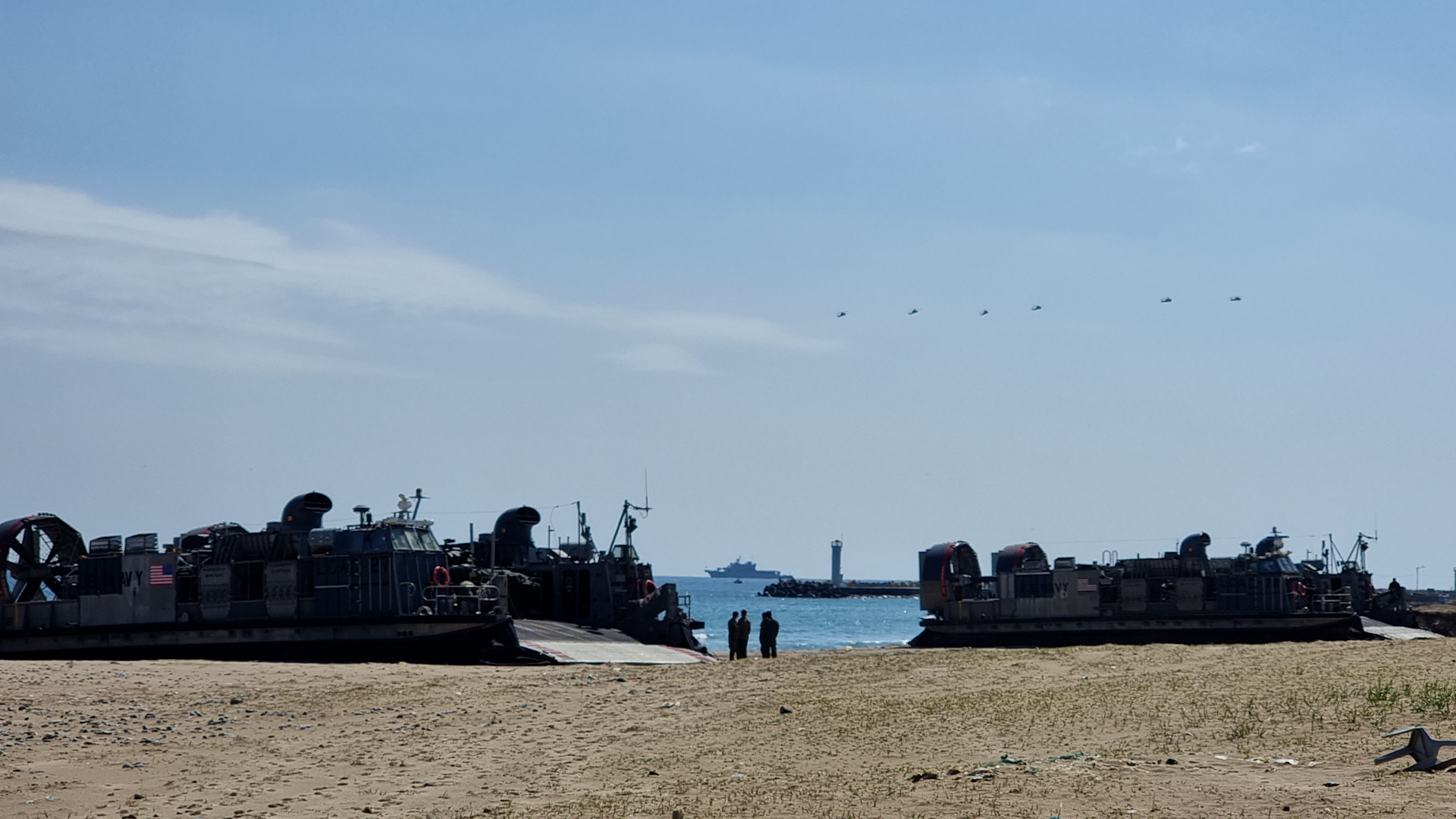
This year marks the 70th anniversary of the end of fighting in the Korean War, during which Royal Marines of 41 Independent Commando saw action as far north as Lake Chosin and carried out amphibious raids behind North Korean lines.
Over the past year, 40 Commando has often been attached to the US Marine Corps' forward deployed 13th Marine Expeditionary Unit, which works across the Western Pacific and Southwest Asia.
These training exercises have reinforced Britain's commitment to Indo-Pacific allies and further strengthened the unity between Korea and the UK.
"Ultimately, Royal Marines must be ready to deploy, sustain and fight anywhere in the world alongside our allies and partners," added Major Sandiford.
